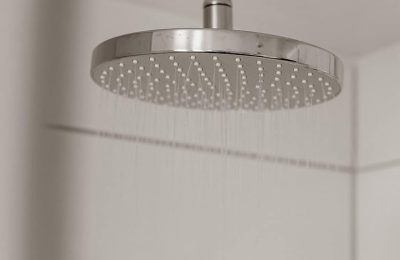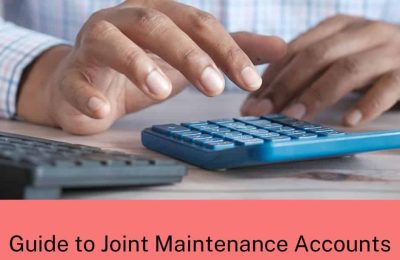Easy to grow and tolerating most soil types, bamboo is flourishing in many British gardens. Its popularity has grown in recent years thanks to the plant’s screening qualities offering privacy, quite often lacking in urban areas. However, property owners, including many buy to let landlords, may not be aware of how invasive the trendy bamboo is and how much damage it can cause if left unattended.
“Bamboo is a vigorous and fast-growing plant that has been steadily growing in popularity in the UK over the last decade or so, but it’s very difficult to contain and virtually impossible to kill with herbicide. It’s commonly sold at nurseries and garden centres across the country with little or no warnings about its invasive nature or sensible advice about how to contain it,” said Nic Seal, Managing Director of Environet UK who deals with all types of invasive plants.
BOO!
Bamboo, if out of control, could spread through underground stems (rhizomes) up to 30ft and invade the neighbouring properties causing disputes that may result in costly legal bills. The plant’s potential to push through brickwork, drains, cavity walls, patios and exploit cracks or weaknesses in concrete, makes it as dangerous as Japanese knotweed. However, unlike knotweed, bamboo isn’t officially classed as an invasive species and there are currently no restrictions on buying it and planting in gardens. There are also no mortgage lending restrictions in relation to bamboo and sellers are not obliged to disclose to potential buyers whether the plant has posed a problem.
Mark Montaldo, Solicitor and Director at CEL Solicitors which deals with legal claims relating to invasive plants, said: “I have acted for a number of clients who have taken legal action against their neighbour for nuisance caused as a result of a bamboo infestation where the offending party has had to pay significant removal costs and legal bills.
“Due to the increase in nuisance claims it is something that the mortgage companies are closely looking at and I wouldn’t be surprised to see them imposing lending restrictions on properties that suffer with bamboo infestations in the future.”
Pest plant
A homeowner in Hampshire had bamboo growing between the skirting board and the wall in his living room, after it spread out from the neighbour’s garden through the property’s foundations.
Another property owner was mis-sold by a local nursery who assured her the bamboo wouldn’t grow more than a metre high or spread but it did, causing serious damage to the patio and threatening the house.
“I’m a keen gardener and was actually quite aware of the invasive nature of bamboo, which is why I did lots of research and asked the experts at the nursery which type to buy,” said Angela Francis, the deceived owner.
“However, I was unfortunately mis-sold and now have bamboo that has grown several feet higher than the fence with new shoots popping by nearby. The patio needs to be dug up and we’re worried that if we don’t treat it, it could reach the house.
She warns: “Bamboo can look lovely but I would urge people to be very careful as most types are invasive and it could turn out to be a costly mistake.”











